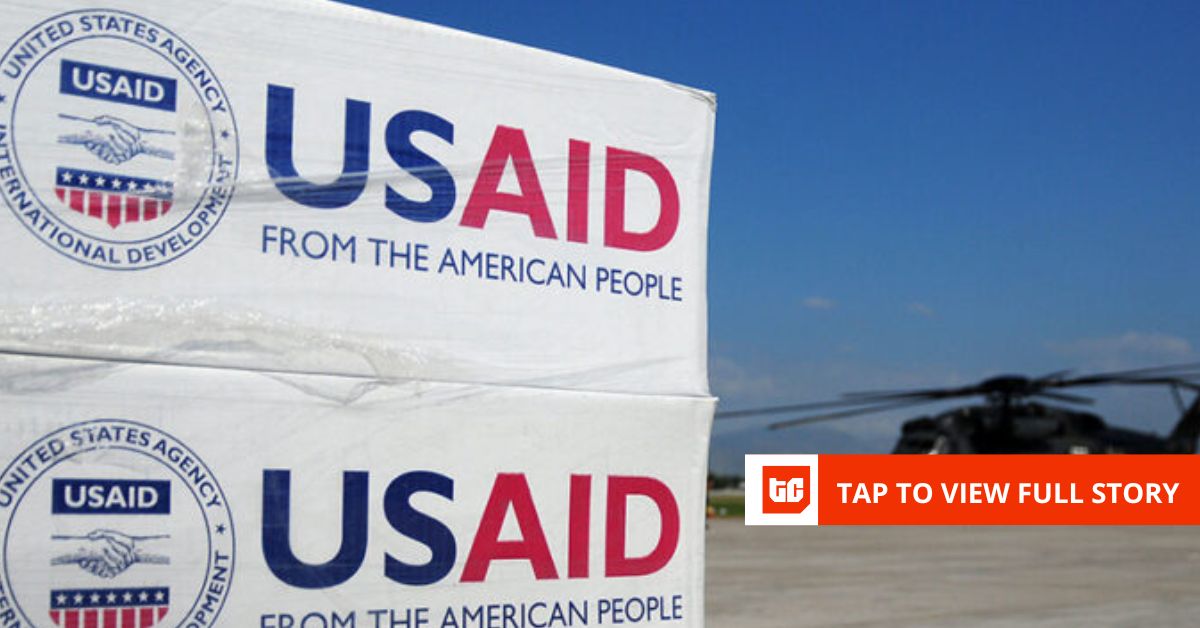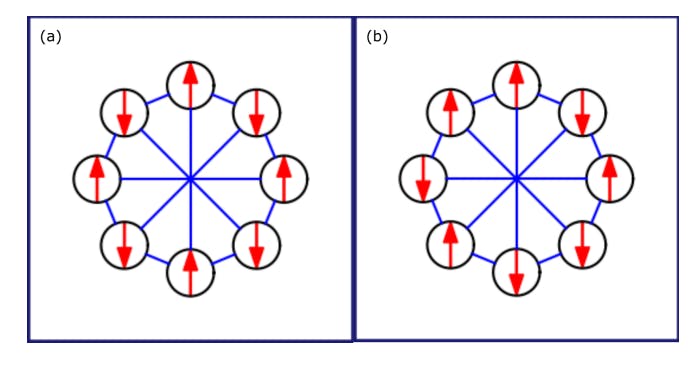Africa’s healthcare ecosystem is at an inflection point. Over the past decade, healthtech has risen from a nascent concept to a lifeline for millions, powering telemedicine in villages, digitising supply chains for lifesaving drugs, and enabling data-driven public health strategies. But today, the abrupt suspension of USAID-funded programs such as the President’s Emergency Plan for AIDS Relief (PEPFAR) programs threatens to destabilise this fragile progress. What is at stake, and how can we pivot?
The silent backbone: USAID’s role in Africa’s health ecosystem
USAID wasn’t just a funder; it was a catalyst. Its investments exceeded dollars—they built bridges between governments, NGOs, and innovators like Remedial Health Solutions. Consider Nigeria’s National Malaria Elimination Program: USAID’s technical and logistical support substantially helped slash malaria mortality rates in a decade. Maisha Meds, a leading healthtech startup in Africa, received $5.25 million in scale-up Stage 3 funding from USAID’s Development Innovation Ventures (DIV) to expand their mobile software platform and provide affordable malaria care across Africa.
In Kenya, Rwanda, and Mozambique, USAID-backed platforms like OpenMRS revolutionised HIV/AIDS tracking. USAID-funded programs reduced patient “loss to follow-up” in PEPFAR programs, which was as high as 22.4% in Ethiopia.
USAID’s exit isn’t just a budget line item; it’s a seismic shock to systems that relied on its expertise to optimise last-mile delivery, train frontline workers, and scale digital tools.
For healthtech startups, this could mean fewer opportunities to collaborate with public health programs to integrate their solutions into national healthcare strategies. It also means a loss of credibility and trust, as USAID’s endorsement often served as a stamp of approval for innovative solutions seeking to gain traction in the market.
In the wake of USAID’s exit, the sector must reimagine its playbook, and here are my four imperatives for the sector’s survival:
1. Governments must lead with policy, not platitudes: African leaders must stop treating healthcare as a charity cause. It’s an economic imperative. Nigeria allocates just 5.18% of its national budget to health, less than half the Abuja Declaration’s 15% pledge. We need aggressive domestic investment in digital infrastructure (e.g., Kenya’s digital health tax levies). These policies streamline regulations for health tech approvals, enabling faster innovation and reducing reliance on foreign aid. By building resilient, locally-led systems, they improve healthcare access, empower startups, and ensure long-term sustainability across Africa.
2. Leveraging local and regional partnerships: The private sector, including health tech startups, must explore partnerships with local and regional organisations to sustain and scale their solutions. For example, Ghana’s mPharma is acquiring distressed pharmacies to stabilise drug access. Localised action beats grand gestures.
3. Diversify capital: VCs and impact investors must step into USAID’s shoes. Tools like development impact bonds or revenue-based financing (e.g., PharmAccess’s Medical Credit Fund) can de-risk investments in electronic health records (EHRs) or telemedicine. Crowdfunding platforms like AfriGadget are already proving this model works.
4. Advocate relentlessly, silence is complicity: The African Union must pressure global institutions to recommit—but with African-led frameworks. Why should the EU or the Gates Foundation replicate USAID’s playbook? Let’s demand co-creation, not consultation theater.
Yes, USAID’s withdrawal is a blow. But it’s also a reckoning. For too long, we’ve outsourced our healthcare sovereignty. This moment demands audacity: Kenyan startups like Afya Rekod and Zuri Health are repurposing AI for drug demand forecasting, and South Africa’s Ndlovu Clinic runs entirely on solar-powered EHRs.
As a builder in this space, I’m doubling down on two truths: Resilience is Africa’s competitive advantage. We’ve leapfrogged legacy systems before—mobile money is proof. Community trust is our moat. Tech is nothing without the nurses, pharmacists, and patients who wield it.
The road ahead is uncharted, but the destination is nonnegotiable: a healthcare system that serves Africans, by Africans. Let’s build it.
______
Damilola Adelekan is a Product Manager with 5+ years of experience in wellness, SaaS, and dot-coms. As Lead Product Manager at Remedial Health Solutions, she combines strategic thinking and user-centricity to deliver impactful solutions. Passionate about mentorship, she’s helped 50+ individuals transition into tech, driving growth in Africa’s tech ecosystem through collaboration and continuous learning.











